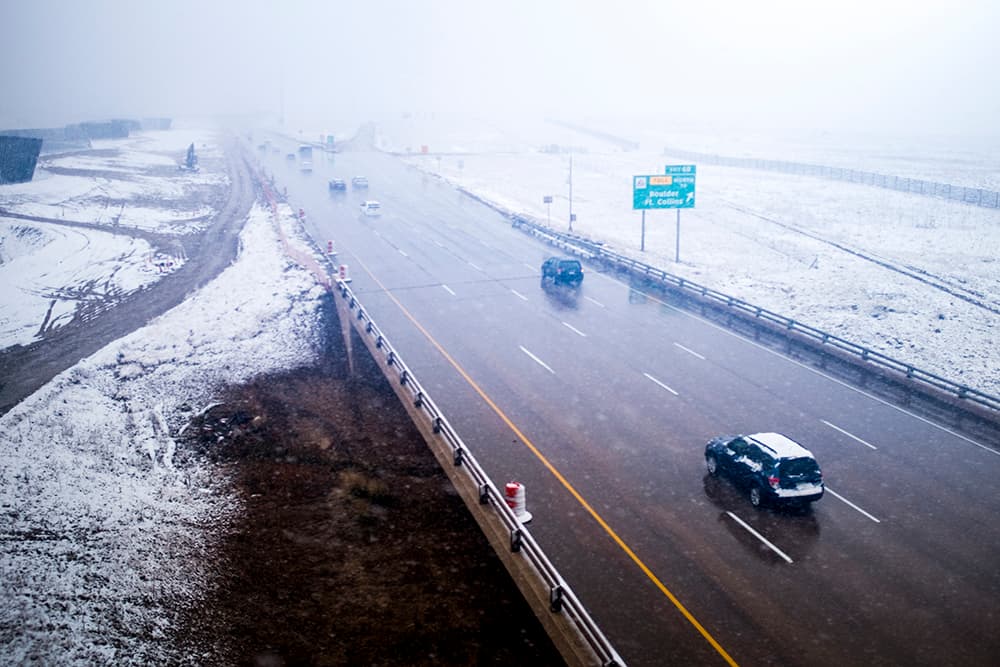City Council on Monday pushed back a vote on a $93 million contract for widening the road to the airport and related work.
The proposed contract is with Centennial-based Interstate Highway Construction Inc. to design and build the first phase of a project that includes widening, reconstructing Peña Boulevard and reconstructing parts of Jackson Gap Road and the Jackson Gap interchange at Denver International Airport, and improving the taxi and shared car service waiting area. The project will add two lanes to the existing three eastbound and one to the existing three westbound on Peña, a 12-mile road between Interstate 70 and DIA.
The first phase is to be completed by 2022. Three additional phases have not been funded.
A vote had been expected Monday. During the public comment period ahead of the vote, Piep van Heuven, speaking on behalf of Denver Streets Partnership, said the public had had little opportunity to comment on the plan. She questioned whether widening the road supported city goals set out in Blueprint Denver and other documents to reduce car trips and address climate change.
Van Heuven called for more transparency around such decision-making and asked council members to consider options to promote increased use of options to private cars, such as bus-only lanes.
Councilman Rafael Espinoza was among several members who later took up that theme, pressing a representative on whether the airport was working hard enough to encourage other modes of transportation and to communicate with the rest of Denver about its plans.
"What I've been struggling with the entire time is what is the problem that $93 million" is to address? Espinoza said.
He then requested that the vote be pushed back a week to allow a new council to consider the question. His request was heeded.
Espinoza did not seek re-election in the recent municipal elections.
In making the case to council for the road work, DIA officials noted that the airport, which is nearly 20 years old, has seen strong growth and is undergoing major renovations. DIA is grappling with projected delays to and ballooning costs for those renovations.
"Peña Boulevard has reached its capacity and requires a major upgrade that will keep pace" with changes at the airport, DIA officials said in their request for the road construction contract.
About 65 million people used the airport, which opened nearly two decades ago, last year, DIA Director of Infrastructure Michelle Martin told Denverite recently. Officials predict that will rise to 80 million a year in the future.
Between 45,000 and 65,000 cars per day travel on a given segment of Peña, according to data from DIA.
The train to the plane, also known as the A Line, carries a daily average of about 21,000 people, according to the Regional Transportation District. Its capacity is much greater.
Mayor Michael Hancock told Denverite recently that accommodating more cars on Peña was part of ensuring people have travel choices.
"The A train can put 10 more cars on there and you won't be able to accommodate the passengers that are going to the airport," Hancock said. "And we talk about multimodalism, which means that we must also be willing and able to accommodate those who are not going to be able or are unwilling to trade in their automobiles."
But Jill Locantore of the Denver Streets Partnership has said a better use for $93 million is stepped-up bus and train service to the airport.
"The goals of our city are pretty clearly laid out to reduce driving, increase transit, walking and biking, and to focus new development around transit," Locantore said.
A DIA spokeswoman has said better bus service is part of future plans.













